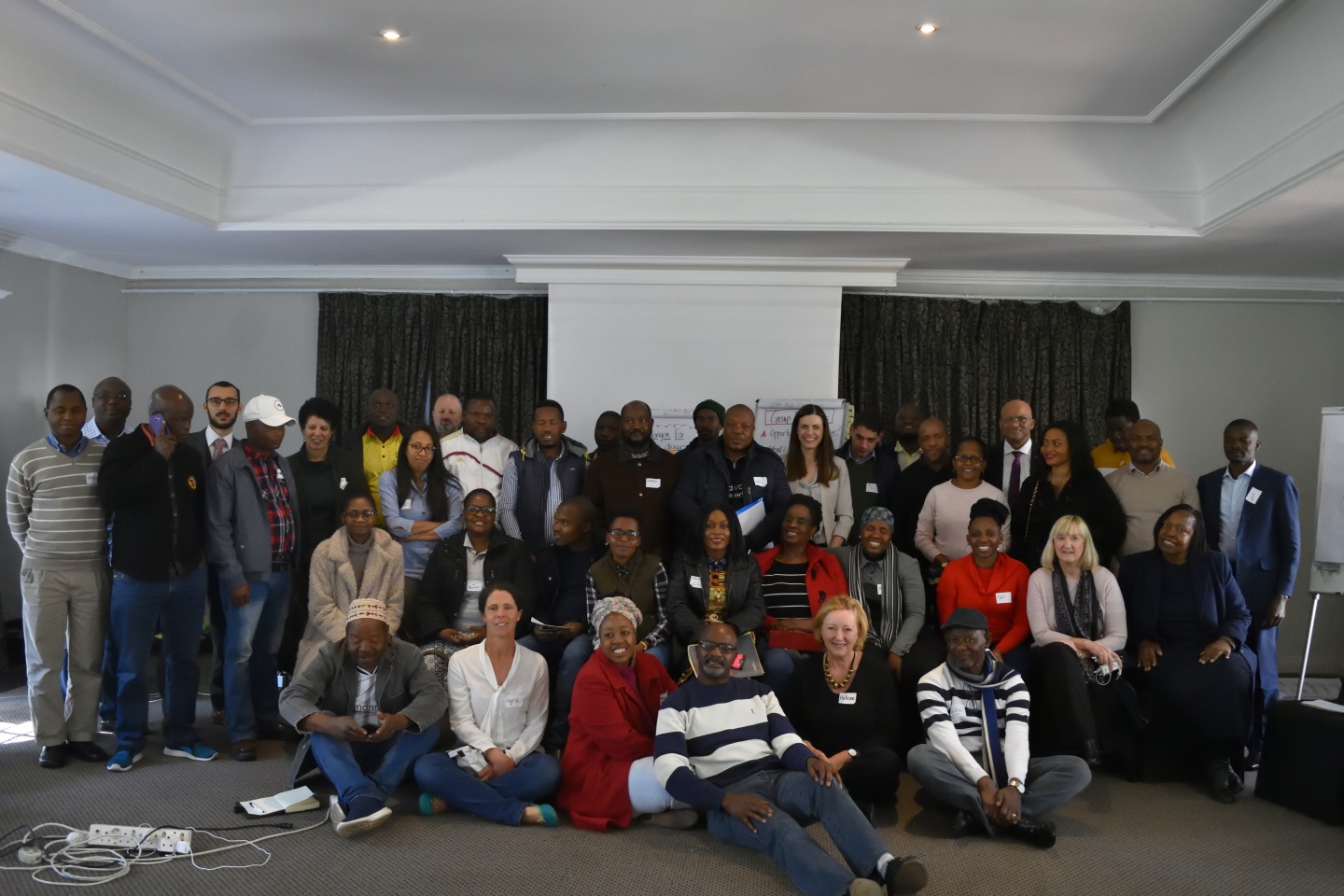30 July, 2018If public statements on working conditions by mining companies are to be believed, the demands by trade unions on health and safety, workers’ rights, and the ending of unethical labour practices would have been met.
Instead, sad realities are common in the mines — poor working conditions, destruction of the environment, and poverty and disease in mine affected communities. How then can mining companies meet the expectations of society which sees mineral resources as being key drivers of national development? Can the companies be made responsible on economic, environmental, social and governance issues? What accountability mechanisms can be used to achieve this?
These are some of the questions and issues that over 50 delegates from Ghana, Kenya, Ivory Coast, Liberia, Madagascar, Malawi, Tanzania, South Africa, Uganda, Zambia, and Zimbabwe grappled with at a meeting on 25-26 July in Johannesburg, to discuss the main findings of the Responsible Mining Index (RMI) 2018 assessment. The delegates were drawn from community-based organizations, human rights organizations, mine affected communities, non-governmental organizations, and universities. Trade unions, represented by IndustriALL Global Union affiliates, the National Union of Mineworkers and the National Union of Metalworkers of South Africa, said it is important to collaborate with civil society actors on common issues facing workers and communities.
The RMI assessed 30 mining companies using six thematic areas which are economic development, business conduct, lifecycle management, community wellbeing, working conditions and environmental responsibility. The assessment included 127 mining sites.
Working conditions is the worst performing thematic area. The RMI found out that despite mining companies paying attention and expressing commitment to health and safety, 331 fatalities were reported in 2015 and 2016. Further, the mining companies are weak on addressing living wages, worker grievances and in stopping discrimination in the mines. However, notable gains are on forced and child labour.
The meeting recommended that the RMI, which promotes open access to information through sharing its data publicly, should work with other organizations doing similar work including the Alternative Mining Indaba and the African Mining Vision. A strategy that the RMI should continue to use is the publicizing of poor performance. This puts pressure on companies as shareholders asked why this is the case. Further, the RMI which questions the inconsistencies in reporting by mining companies, can complement other mechanisms.
Says Glen Mpufane, IndustriALL director for mining:
“By validating what we know, the RMI is a useful tool for building bridges and finding common spaces for dialogue and collaboration between mine affected communities, civil society and unions. We want mining companies to abandon rhetoric and commit to improving health and safety.”




